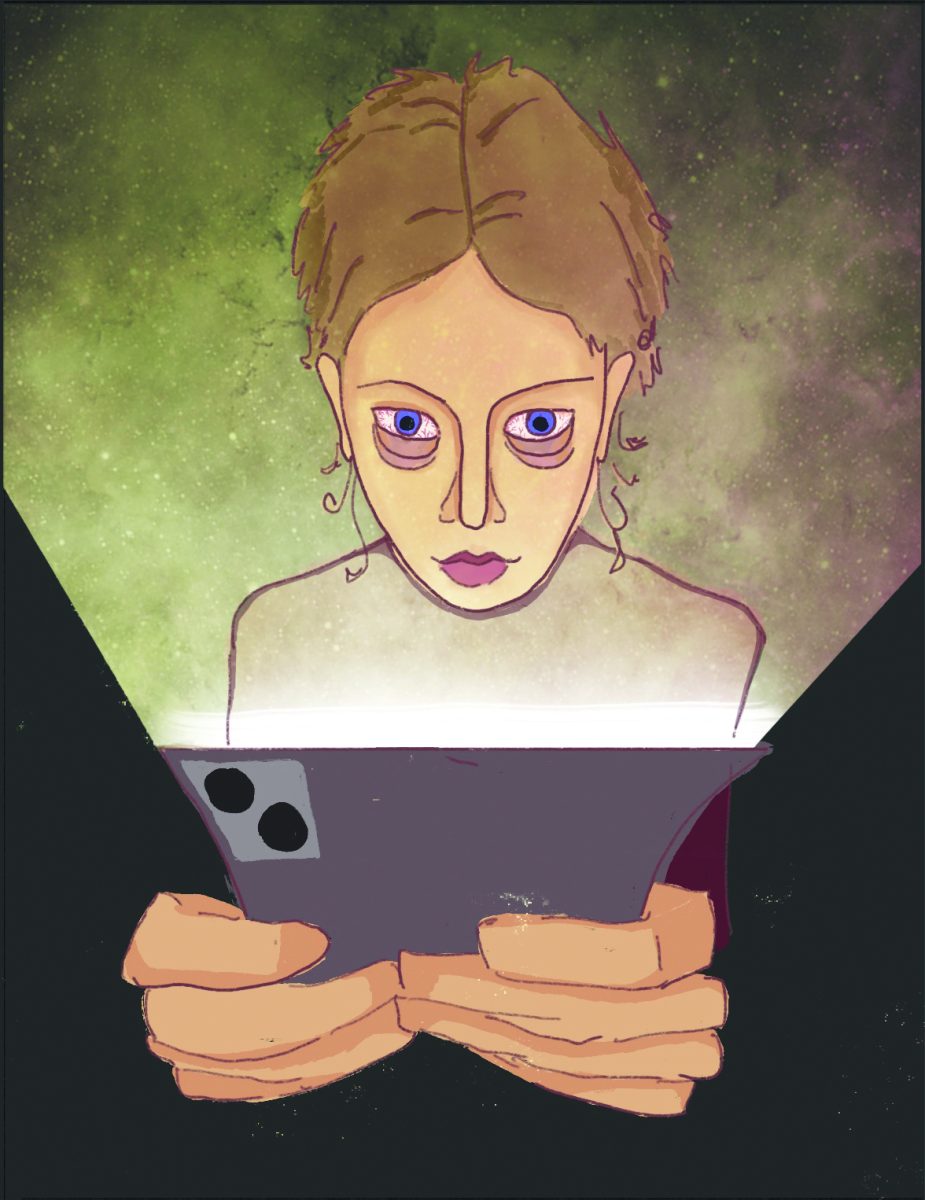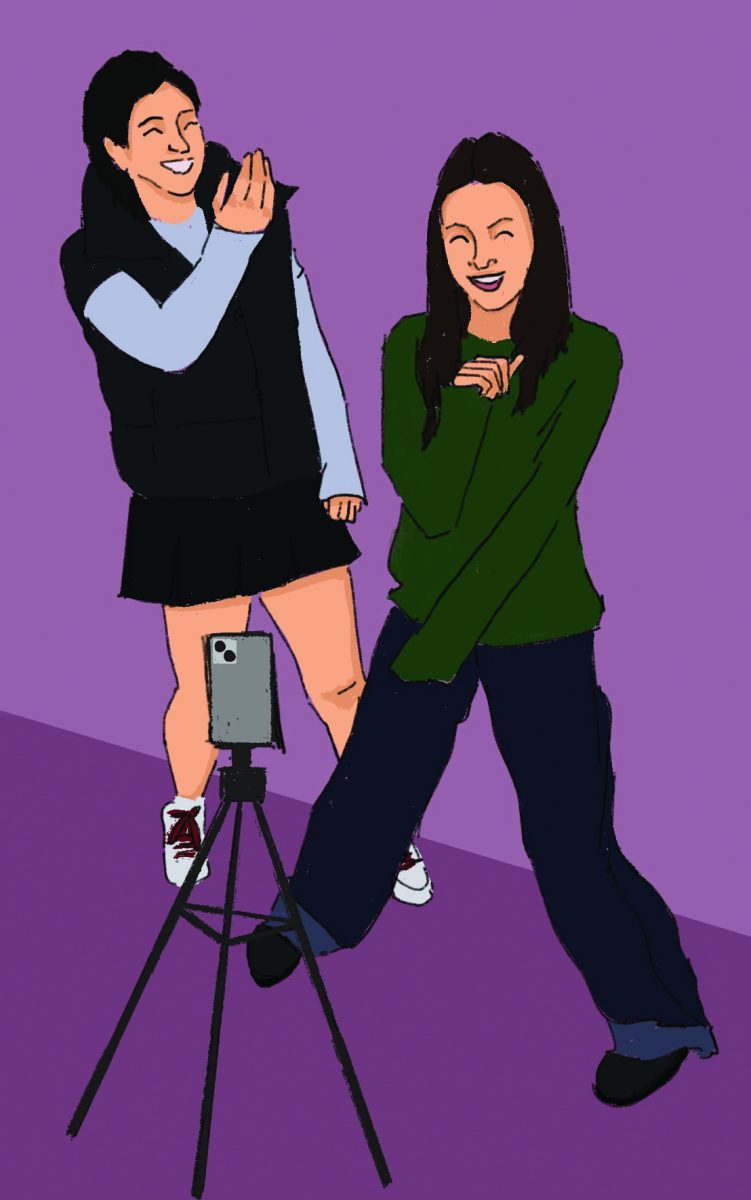Since its founding in 1889, Marlborough has maintained a reputation based on honor, trust, individual responsibility and mutual respect. However, recent instances of student misbehavior have made us question the effectiveness of the Honor Code and its success in ensuring that students are held accountable for their actions outside of school.
According to The Understanding, an agreement that students sign each fall to pledge their honesty and integrity to the School, students must take responsibility for their actions “at School, at a School-related function (on or off campus), in the neighborhood or vicinity of the School, while wearing Marlborough apparel, and in other circumstances where the student’s conduct may reflect back upon the School, its students, faculty, staff or community”.
Although this excerpt from The Understanding illustrates the school’s expectations in regard to what is acceptable behavior, it leaves room for interpretation. What can be defined as the “neighborhood” of the School? Are students only liable for their actions in Hancock Park? On Rossmore Avenue? Or do these standards apply to the greater Los Angeles County? More importantly, we at the UltraViolet would like to raise the real question: why should boundaries define good behavior?
“Good” behavior is not situational. Although we do not expect girls to behave like angels all of the time, we believe that students should always be aware of their surroundings.
Public behavior constitutes anything seen, heard or otherwise witnessed by other people in a public place. One must be especially mindful of how public behavior could affect future choices and opportunities. Just think how devastating it would be after six years of toil to be denied admission to a college merely because of an indiscretion that an admissions officer may have witnessed or heard about! When we are in public, we must adhere to a higher standard of conduct.
Furthermore, as students we must accept that behavior on the Internet, especially on social networking sites, can be considered public. Every status update or profile picture posted online is widely circulated by our peers. The same goes for chats and e-mail. Although it may seem like you are having a private conversation with your best friend, a parent or teacher could be standing nearby. Our conclusion is simple: be conscious of your decisions when partaking in online activities.
We at the UltraViolet believe that there is a sense of pride and integrity that runs through all Mustangs that can be traced to the tenets of The Understanding. However, as individuals in a greater community, we must let conscience be our guide, especially when differentiating between private and public behavior.






